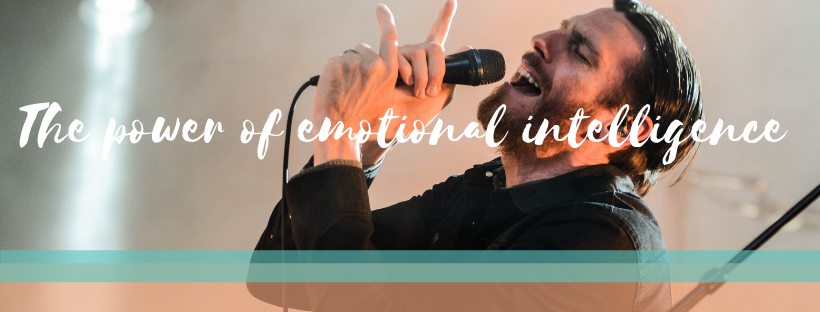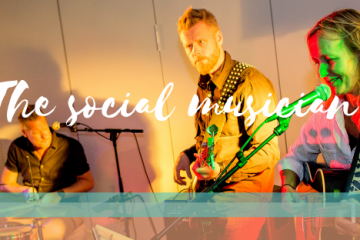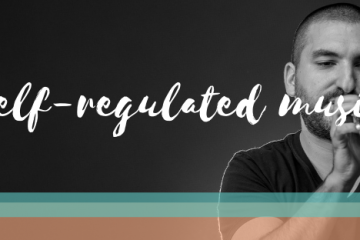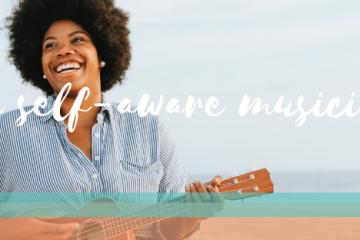
What is EQ?
EQ is a musicians best friend, and you’ve probably never heard of it before. That changes now!
EQ (or equalization) in music is the process of changing the balance of different frequencies in an audio signal. Whilst we know this term in the music world, there’s a different type of EQ that we need to pay attention to… Emotional Quotient. This is your level of emotional intelligence.
IQ (intelligence quotient) is generally used to determine academic abilities, but EQ (emotional quotient) is different. EQ is your ability to identify, evaluate, control, and express emotions. Many studies have shown that EQ is actually a better indicator of success than IQ. That’s why it’s used to find strong leaders, great collaborators, powerful creative minds and dedicated, committed achievers.
The good news? We’re not born with these skills, so that means we can learn them. Daniel Goleman (a psychologist, brain / behavioural scientist and expert in emotional intelligence) says that emotional skills are not innate talents, but learned skills that must be worked on and can be developed to achieve outstanding performance.
Like audio EQ, it’s not about turning everything up to 11. It’s all about tweaking individual elements to achieve the perfect ‘mix’ for you. Why? Because developing EQ will help you to communicate better, reduce anxiety and stress, defuse conflicts, improve relationships, and effectively overcome the challenges that you come up against.
EQ as a musician
It takes a lot to be a successful musician. Not just the technical skills of playing an instrument, but also the ability to learn, observe, control and express our emotions. This is where your emotional intelligence comes into play. Because wonderful though it can be; the music industry exposes us to challenges and highs and lows that no other industry would. Whether you perform at weddings, write music, or perform to millions of people, a career in music can be really tough.
Many musicians struggle with emotional and behavioural challenges (e.g. self-esteem, resilience, conflict and stress, stage fright, work-life balance, communication). These are essential skills that sit behind the scenes affecting your ability to write, record, perform or sell great music. That’s why we’ve built these skills into our musicians EQ framework using three themes:
SELF AWARENESS: enhancing your motivation, creativity, practice, relationships, network, performances, collaborations, confidence, fan base & professionalism
SELF REGULATION: increasing your ability to adapt to change, stay calm in a crisis, reduce stress on & off stage, perform powerfully, build great relationships, create work life balance
SOCIAL SKILLS: improving your fan base, performances, collaborations and relationships, creative outcomes, networking and promotional skills (more work coming your way!)
What’s YOUR musicians EQ?
You’re probably wondering how you can find out what your EQ levels are as a musician. Well fret not, we’ve got you covered!
We’ve designed a musicians EQ (MEQ) questionnaire to help you understand your current levels of emotional intelligence & how you manage emotional and behavioural challenges (e.g. self-esteem, resilience, conflict and stress, stage fright, work-life balance, communication etc.) Complete this questionnaire for tailored advice on where you’re at and how to keep growing as a musician.
Over to you…
What are your thoughts on emotional intelligence? Which musicians do you think are emotionally intelligent? We’d love to hear your thoughts.
If you’ve enjoyed this article, then please share the love with any other musicians that’d find this useful.


